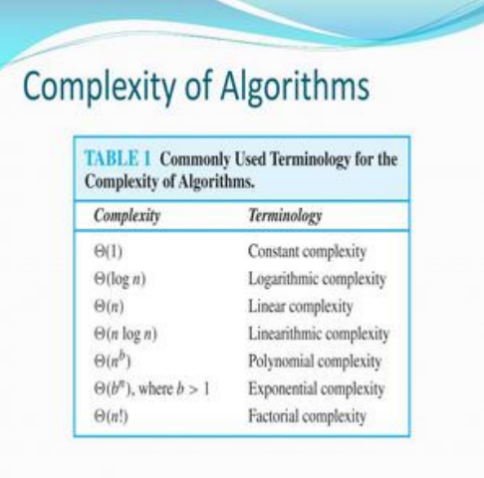In today's technology-driven world, wealth management through algorithms has appeared as a potentially game-changing method for managing money. However, for those who have large amounts of money and intricate financial investments, a key question remains: how dependable is this strategy that relies on digital solutions?
The Hidden Complexities of Algorithmic Models
Wealth management through algorithms depends on complex mathematical frameworks that process large volumes of information, including market trends and past performances. Yet, many of these systems function like a "black box." The details of how these sophisticated algorithms work are often hidden, which makes it hard for investors to grasp how their investment choices are made. This lack of clarity is particularly concerning for high-net-worth individuals who typically value openness in their financial transactions.

Additionally, the effectiveness of algorithms hinges on the quality of the data they utilize. They frequently depend on past data to forecast future market trends. However, in a swiftly evolving financial environment, relying on historical data may not be reliable. For instance, unexpected global events such as sudden geopolitical changes or the rise of new financial technologies can make an algorithm's forecasts flawed. This weakness implies that depending solely on algorithm-driven investment strategies could result in unforeseen losses.
Over - Reliance and the Human Element Gap
A risk that doesn't get much attention is relying too heavily on algorithms. Some investors can become so captivated by the accuracy and speed of algorithmic advice that they start to overlook their own financial skills and understanding of the market. Wealthy individuals usually possess important industry insights and experiences that are essential for making smart investment choices. Relying solely on algorithms and ignoring this personal knowledge can lead to poor decisions.Moreover, algorithms do not have emotional understanding or the ability to assess qualitative aspects. They fail to evaluate the quality of a company’s management, cultural changes that could influence consumer behavior, or the subtle value of new trends. These factors are often crucial for investment success, particularly in specialized or high-growth markets favored by wealthy investors.

Innovations Shaping the Future of Algorithmic Finance
Even with these obstacles, the area of algorithmic wealth management is making progress. Some sophisticated platforms are now using machine learning methods that enable algorithms to adjust instantly to new information and shifting market trends. Moreover, there is a rise in hybrid models that blend algorithmic evaluation with human insight. These models utilize the fast processing and data-handling strengths of algorithms while also considering the judgment and strategic skills of financial advisors.
For individuals with high net worth, partnering with companies that provide these advanced algorithmic options can be a more dependable choice. Such companies frequently offer tailored services that factor in an investor's specific financial objectives, risk appetite, and individual situations. By combining state-of-the-art technology with human guidance, they seek to reduce the risks linked to traditional algorithmic wealth management.
Making an Informed Decision
When choosing algorithmic wealth management, it’s crucial to perform careful research. Familiarize yourself with the constraints of the algorithms in use, ask about the sources of data and how they are refreshed, and evaluate the history of the platform. For those with considerable wealth, collaborating with a wealth management company that blends algorithmic precision with personalized guidance might be the wisest option.

In summary, although algorithmic wealth management seems promising, it is not without its risks. By recognizing its possible drawbacks and adopting innovative, mixed strategies, individuals with higher spending can better assess if this technology-driven approach suits their financial needs.

Protect Your Portfolio Investment in Uncertain Markets

Central Banks and Inflation: Understanding Monetary Policy Tools

Max Credit Card Benefits: A Guide for Big Spenders

How to manage personal finance?

Wealth in Delayed Retirement: How to Adapt

High Earnings, Low Savings: The Hidden Culprits

Collecting Unpaid Judgments: Why Time Is the Enemy
